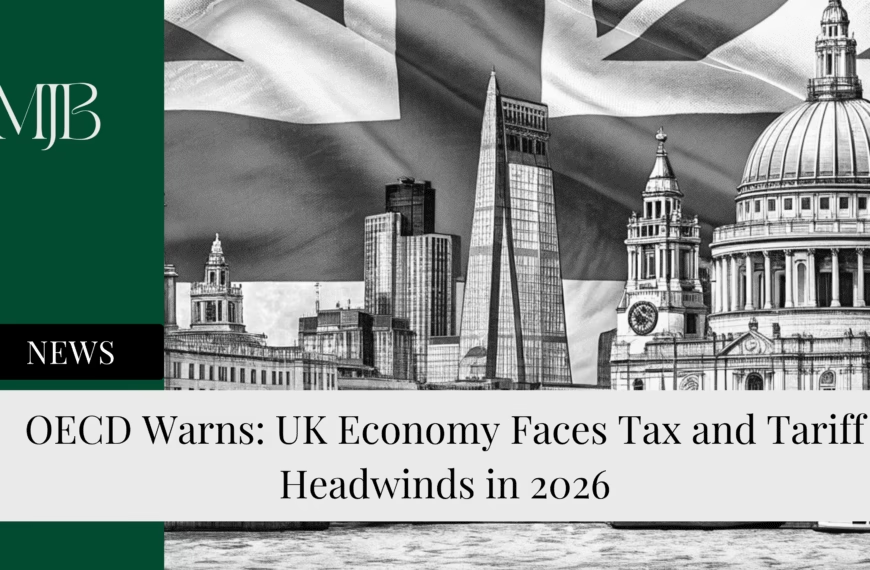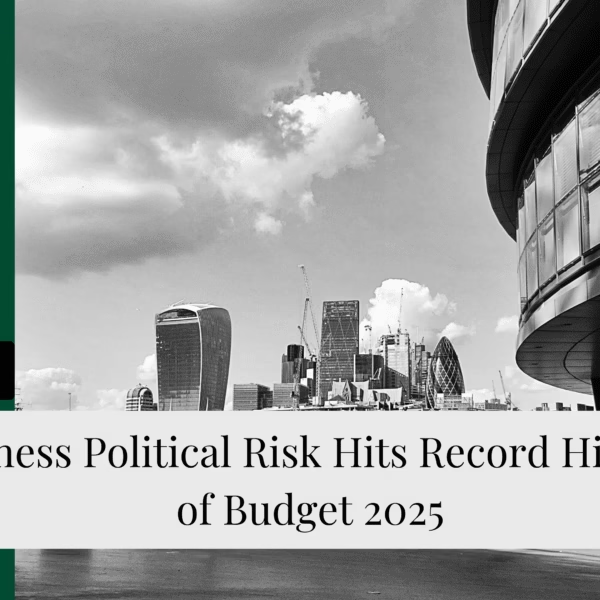Here’s a sobering stat: fewer than 1 in 20 landlords plan to grow their property portfolios right now. That’s not a typo – we’re talking about a 95% investment freeze in the market.
What’s spooked them? A perfect storm of rising costs, mortgage mayhem, and the looming Renters Rights Bill that’s got half of all landlords second-guessing their next move. If you’re wondering why rent prices keep climbing while available properties seem to vanish, this investment drought might just be your answer.
The Numbers Don’t Fib: Landlords Are Backing Away
The latest JLL survey paints a pretty grim canvas. Half of landlords say the Renters Rights Bill uncertainty is keeping them on the sidelines. Meanwhile, two in five point to skyrocketing maintenance costs as their main buzzkill.
“Many landlords have faced significant increases to their overall costs, with tax hikes, mortgage rises, and continuous regulatory hurdles making investment less attractive and potentially more risky,” explains Nathan Emerson, CEO of Propertymark.
It’s not just talk – the math is brutal. Landlords can now only deduct 20% of their mortgage interest from rental income for tax purposes. Back in 2017? They could claim between 40-45%. That’s a massive hit to their bottom line.
Mortgage Misery Meets Regulatory Confusion
With 57% of landlords carrying buy-to-let mortgages, the recent interest rate surge has been like a financial gut punch. Higher mortgage payments + lower tax relief = squeezed profit margins.
The result? Rents for new lets have jumped £221 per month over just three years, according to Zoopla. It’s simple economics – landlords are passing costs onto tenants because they can’t absorb them anymore.
The Renters Rights Bill: Friend or Foe?
The bill aims to professionalise the rental market and boost standards – noble goals, right? But here’s the catch: it’s also adding complexity that’s making smaller landlords nervous.
Grainger, the UK’s biggest landlord, acknowledges the bill will “raise standards” but warns that smaller players will “find the new regime challenging and accelerate their exit from the market.”
Translation: fewer landlords means fewer rental properties, which means even tighter supply.
Supply and Demand Gone Wrong
While demand for rental homes surged through 2022 and 2023, the stock of private rental properties has barely budged. New landlord investment? Pretty much flatlined.
“The Renters Rights Bill aims to create a more inclusive rental sector – and rightly so – but without clear safeguards for landlords, we risk creating uncertainty and conflict on both sides,” notes Sián Hemming-Metcalfe from Inventory Base.
JLL’s Meg Eglinton puts it simply: there’s a “lack of clarity” around the bill that’s keeping landlords cautious until they understand the full implications.
What This Means for Renters and the Market
The investment freeze isn’t happening in a vacuum. When landlords stop buying properties to rent out, supply shrinks. When supply shrinks and demand stays high, rents climb. It’s Economics 101, but the human impact is real.
The rental market needs both protection for tenants AND incentives for landlords to invest. Right now, the balance feels off, and both sides are feeling the pinch.
Ready to navigate the changing rental landscape? Stay informed about market trends and policy changes that could impact your property investments or rental search.
FAQ
Q1: Why are so few landlords planning to expand their portfolios?
A: Rising costs, regulatory uncertainty around the Renters Rights Bill, and reduced tax relief on mortgage interest have made rental property investment less profitable and more risky. Only 5% of landlords currently plan to increase their investments.
Q2: How much have rental costs increased recently?
A: Rents for new lettings have risen by £221 per month over the past three years. This increase is largely driven by landlords passing on higher costs to tenants as their profit margins get squeezed.
Q3: What’s the main concern about the Renters Rights Bill?
A: While the bill aims to improve standards and protect tenants, landlords worry about increased complexity and unclear regulations. Many are waiting to see the full implications before making investment decisions.
Q4: How has tax relief for landlords changed?
A: Landlords can now only deduct 20% of their mortgage interest from rental income for tax purposes, down from 40-45% in 2017. This significant reduction has hurt profitability, especially for leveraged investors.
Q5: Will the rental market improve anytime soon?
A: The market faces a supply-demand imbalance with high tenant demand but stagnant property stock due to low landlord investment. Until regulatory clarity improves and costs stabilize, the tight rental market is likely to persist.
DISCLAIMER
Effective Date: 15th July 2025
The information provided on this website is for informational and educational purposes only and reflects the personal opinions of the author(s). It is not intended as financial, investment, tax, or legal advice.
We are not certified financial advisers. None of the content on this website constitutes a recommendation to buy, sell, or hold any financial product, asset, or service. You should not rely on any information provided here to make financial decisions.
We strongly recommend that you:
- Conduct your own research and due diligence
- Consult with a qualified financial adviser or professional before making any investment or financial decisions
While we strive to ensure that all information is accurate and up to date, we make no guarantees about the completeness, reliability, or suitability of any content on this site.
By using this website, you acknowledge and agree that we are not responsible for any financial loss, damage, or decisions made based on the content presented.






